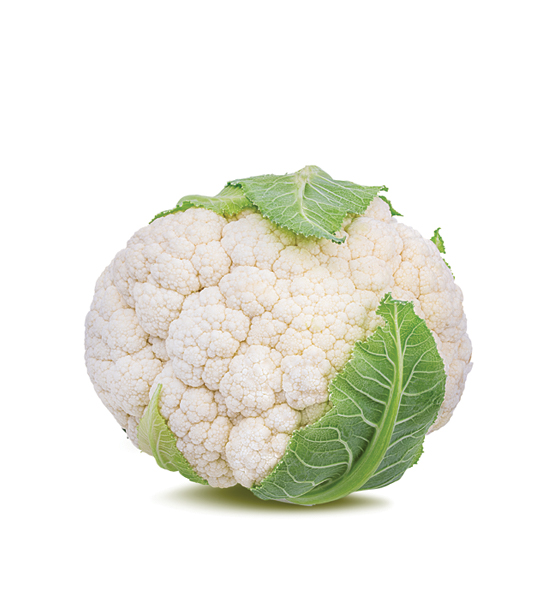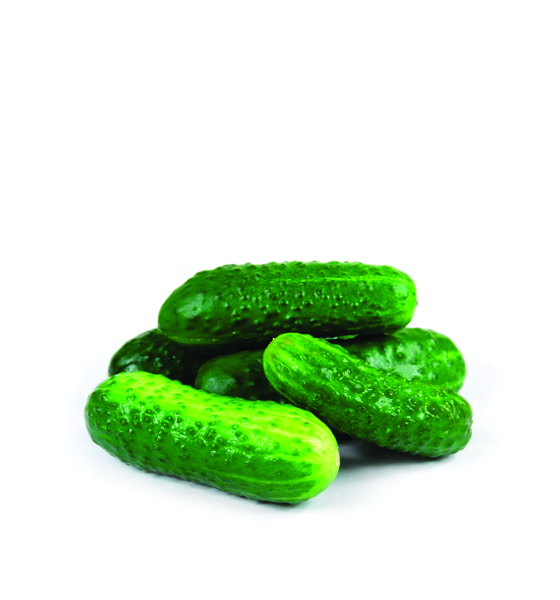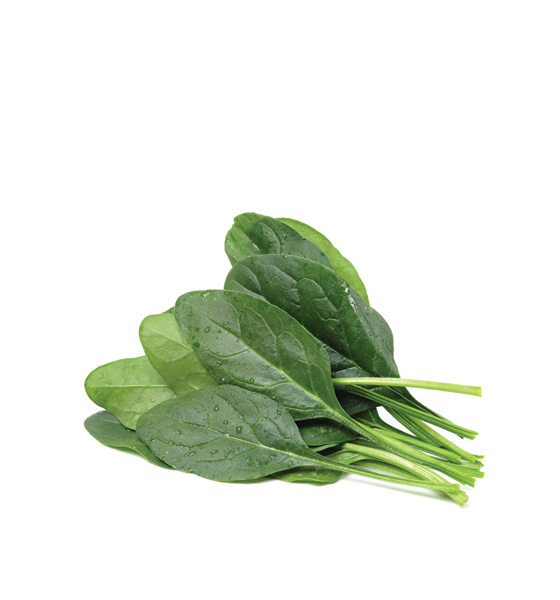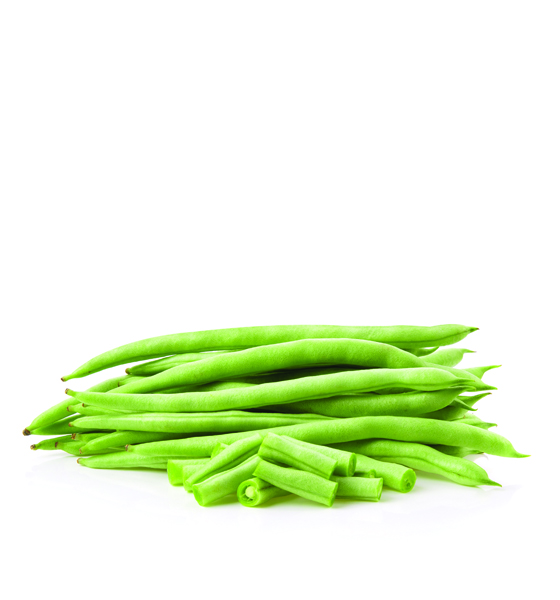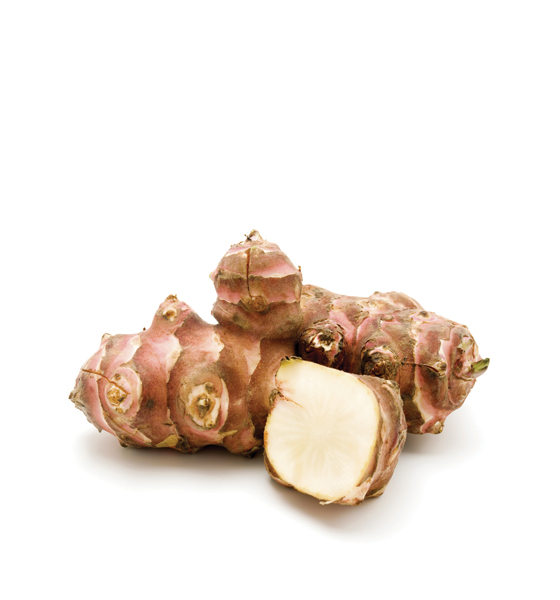CAULIFLOWER
Derived from the Latin words “Caulis” (cabbage) and “flower,” cauliflower is one of the important species of the Brassicaceae family. It is a biennial vegetable species that forms its flowers in the second year. It is cultivated for its pale yellow-white, white, and rarely purple flower heads. In Turkey, cauliflower is used boiled in salads, fried, prepared in various dishes, pickled, and frozen. Due to its low fat content, it is an important vegetable for diets. In 100 grams of fresh cauliflower, the nutritional values include: 21 calories, 2.2 grams of protein, 2.5 grams of carbohydrates, 0.3 grams of fat, 60 IU of vitamin A, 0.11 mg of vitamin B1, 0.10 mg of vitamin B2, 0.7 mg of niacin, 78 mg of vitamin C, 25 mg of calcium, 1.1 mg of iron, 18 mg of magnesium, 56 mg of phosphorus, and 295 mg of potassium.
SPECIFICATIONS
Country: TURKEY
Size/Weight: (+) 200 gms
Packaging Weight: 03 | 05
Description
BENEFITS
Cauliflower is a vegetable rich in phytochemical compounds, making it important for human health and nutrition. Its benefits include vitamins A, B1, B2, C, K, potassium, calcium, and sodium. It contains gender hormone, plenty of vitamin E, protein, and some essences. With these nutrients, it is a nourishing and empowering vegetable. Therefore, it also helps alleviate heart conditions and benefits spleen diseases. It supports nerve and brain function, prevents wear and tear, and regulates intestinal function. It leaves a lot of fiber, preventing constipation. Boiling it excessively reduces its effectiveness. Since many beneficial substances dissolve in water, the cooking water should not be discarded; instead, it should be consumed in soup form.

